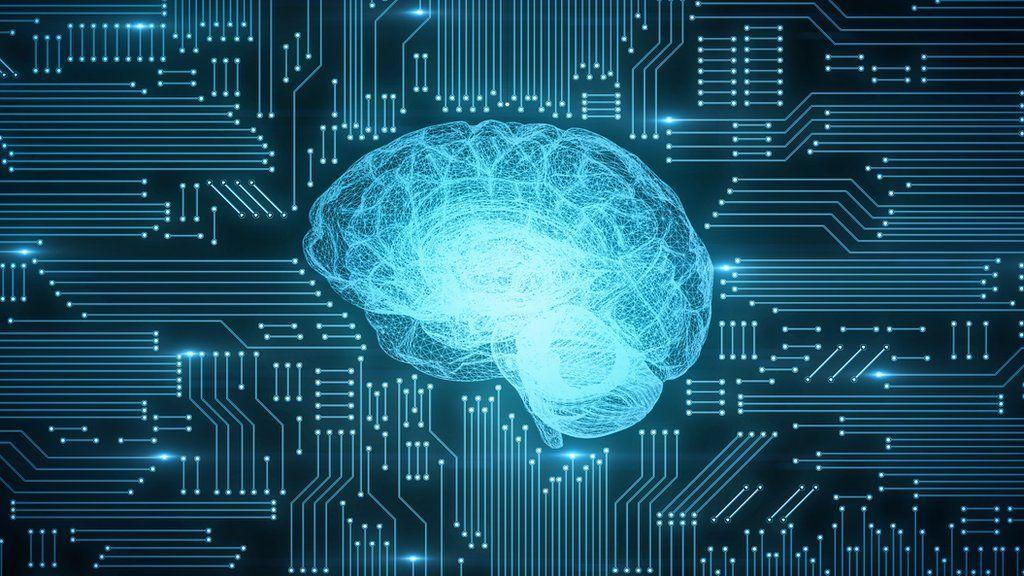In the age of artificial intelligence, traditional diplomatic strategies are being redefined as new opportunities and challenges emerge. From leveraging AI for information gathering and analysis to navigating ethical dilemmas surrounding AI applications in international relations, the landscape of diplomacy is undeniably transforming. As this evolution continues to unfold, a new diplomatic strategy is taking shape, one that embraces the potential of AI while also acknowledging its complexities. In this article, we explore how this emerging approach is reshaping the world of diplomacy and international relations.
Incorporating AI into Diplomatic Relations
As artificial intelligence continues to advance at a rapid pace, governments around the world are exploring new ways to incorporate this technology into diplomatic relations. AI has the potential to revolutionize the way countries interact and communicate with each other, opening up a whole new realm of possibilities for diplomacy.
- AI-powered translation tools can facilitate communication between diplomats who speak different languages, breaking down language barriers and fostering better understanding.
- Machine learning algorithms can analyze huge amounts of data to identify patterns and trends, helping diplomats make more informed decisions based on data-driven insights.
- Virtual assistants can streamline administrative tasks and free up diplomats’ time to focus on more strategic and high-level diplomatic initiatives.
By leveraging the power of AI, diplomats can engage in more effective and efficient diplomacy, leading to improved international relations and collaboration. However, it’s crucial for governments to approach the integration of AI into diplomatic affairs with caution, taking into account ethical implications and potential risks associated with the use of this technology. As AI continues to evolve, so too must diplomatic strategies, adapting to this new era of technology-driven diplomacy.
| Benefits of |
|---|
| Enhanced communication |
| Data-driven decision-making |
| Increased efficiency |

Enhancing Decision-making Through AI Algorithms
Artificial Intelligence is revolutionizing decision-making processes across various sectors, including diplomacy. Through the use of advanced AI algorithms, diplomats can now analyze vast amounts of data to make informed and strategic decisions. These algorithms have the ability to detect patterns, trends, and anomalies that human analysts may overlook, providing diplomats with valuable insights to navigate complex geopolitical landscapes.
With the growth of AI technology, a new diplomatic strategy is emerging. Diplomats are now able to leverage AI algorithms to enhance their decision-making processes, leading to more efficient and effective diplomacy. By utilizing AI-powered tools, diplomats can quickly analyze data, identify key stakeholders, and anticipate potential outcomes. This allows them to make well-informed decisions that are backed by data and insights, ultimately leading to more successful diplomatic negotiations and agreements.

AI’s Role in Promoting Global Collaboration
Artificial Intelligence (AI) is revolutionizing the way global collaboration is shaping our world. With the advancement of AI technologies, a new era of diplomatic strategy is emerging, paving the way for more efficient and effective collaboration among nations.
is multifaceted. From facilitating communication and understanding between different cultures to improving decision-making processes on a global scale, AI is breaking down barriers and fostering a more connected and collaborative world. As AI continues to grow and evolve, its potential to drive positive change and promote unity among nations is limitless.

Challenges and Ethical Considerations in AI-driven Diplomacy
As artificial intelligence continues to shape various sectors, including diplomacy, new challenges and ethical considerations arise. One of the main challenges is the potential bias in AI algorithms, which could lead to inaccurate decision-making in diplomatic affairs. Ensuring the fairness and transparency of AI systems used in diplomacy is crucial to maintain trust and credibility in the international arena.
Additionally, the use of AI in diplomacy raises concerns about data privacy and security. Diplomatic negotiations often involve sensitive information, and the use of AI tools to analyze this data could pose risks if not properly protected. Balancing the benefits of AI-driven diplomacy with ethical considerations will be key in navigating this evolving landscape.
In Summary
As the world continues to grapple with the potential implications of artificial intelligence in shaping the future of diplomacy, a new frontier has emerged that offers both challenges and opportunities. It is clear that traditional diplomatic strategies must evolve in order to effectively navigate the complexities of a rapidly changing landscape. By embracing the power of AI and leveraging its capabilities, diplomats can forge new paths and establish innovative approaches to engaging with global counterparts. The road ahead may be uncertain, but one thing is clear - the intersection of artificial intelligence and diplomacy is paving the way for a new era of international relations. Stay tuned as we continue to explore the evolving dynamics of this dynamic relationship.